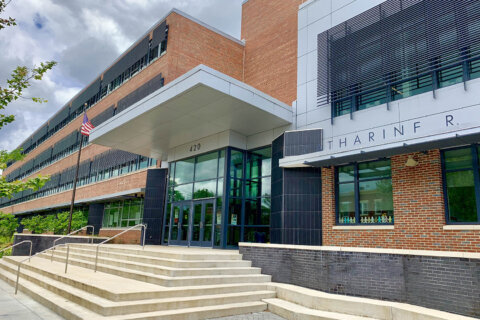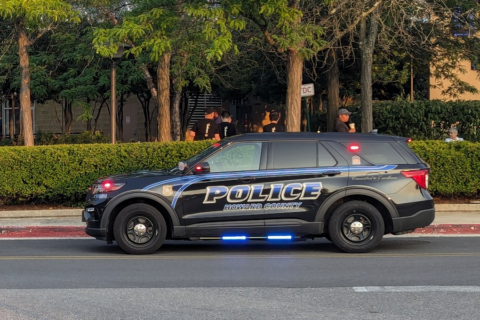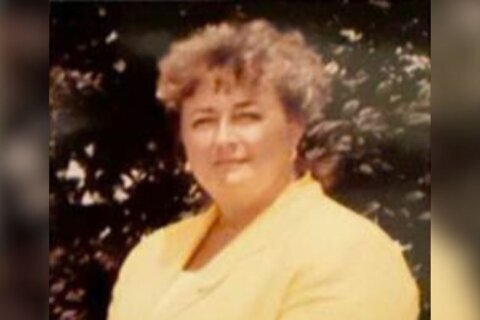Whether it’s through TV shows, podcasts or social media, there’s new interest in cold cases and the mysteries surrounding these decades old crimes.
Anne Arundel County’s police department sees the public’s intrigue as an opportunity to solve some of the dozens of cases still waiting to be closed.
Every Friday, Anne Arundel police will highlight a new case over social media that has otherwise gone cold, hoping that someone who hears about it will be able to provide the tip or the clue that’s needed to nail down what happened to its victim.
The new series started last week with Detective Regina Collier, who investigates cold case murders, trying to bring new attention to the February 1974 murder of Lois Williams.
Williams had been missing for weeks when her body was found along a wood-line in Linthicum, Maryland. She had left work to go meet her estranged husband at their home in Olney right before her disappearance.
At the time, Williams and her 6-year-old son had been living in Laurel with her grandmother, who began frantically looking for her the night she never returned home.
“It was very unusual for Ms. Williams not to call or tell anyone she was going to be away for a long time,” recounted Collier in the video.
Her car and other belongings were eventually found in Baltimore, but her body was found partially clothed just a few miles south of the city.
“Lois Williams deserves justice,” Collier said in the initial video released last week.
Collier admits the growing interest in these sorts of cases helped prompt the department to start highlighting the roughly 70 or so cases she has on her plate — something she’s thrilled about.
“It’s great that there is such an interest now,” Collier told WTOP. “It’s a way we can reach out to all kinds of generations, because not just the young people use the social media.”
“It helps me in my job because if I don’t have the interest of our citizens and have them actually thinking about things — without the citizens and their tips, I might not be able to get some of my cases even going again,” Collier said.
Even though the facts might not change and memories fade, there’s still plenty of reasons for highlighting cases the public may have forgotten but the police did not.
“Because of the lapse of time, people’s attitudes may have changed, their perspectives on things may changed,” said county police spokesman Marc Limansky.
“They may now be willing to provide information that perhaps, 20-30 years ago, they were not ready to divulge, or they were afraid for some other reasons, or people were in their lives that adversely affect their decision to come forward with information. So, things change over time.”
Collier said it’s those changes in circumstances, along with the renewed attention, that can make all the difference in the world for the family members of the victims.
“Sometimes, people’s relationships with the people in question change, or the person or suspect or someone might have passed away by now, and now they’re not scared anymore, and they feel like they can come forward and tell me the information that they couldn’t back in that time,” she said.
“We do not forget our victims. They’re still very important to us, and no one gets forgotten here,” Collier said.








